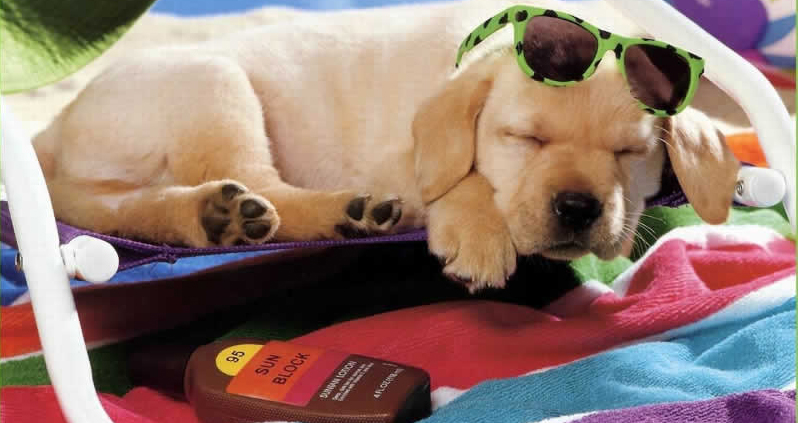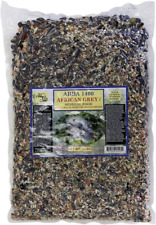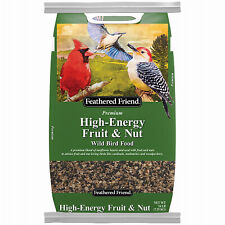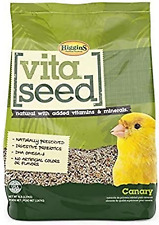Pet Sunburns and Vitamin D
Most people enjoying soaking up a little sun during the summer months and providing our bodies with natural Vitamin D. But what about your dog? Should you be concerned about him getting enough Vitamin D during the winter months or if he spends his days indoors? Could too much sun exposure be harmful to my pet? Here are some interesting facts about sunshine and your dog.
Vitamin D
Vitamin D plays a role in keeping our bones and immune systems strong. Vitamin D promotes the absorption of calcium from the gut and helps to maintain proper calcium and phosphate levels in the bloodstream. Humans and other non-human primates are able to make Vitamin D if our skin is exposed to the right kinds of ultraviolet light. The form of Vitamin D that our bodies make is called Vitamin D3. It is the bioactive form of the vitamin. People who live in northern climates with limited sun during the winter are often urged to take Vitamin D supplements or get exposure through special sun lamps. But what about dogs and cats?
It turns out that dogs and cats don’t make enough Vitamin D3 through their skin. This is not due to their hair preventing sun exposure – these pets simply lack the right precursors to make bioavailable Vitamin D3. Pets must get their Vitamin D3 through food instead. Good sources of Vitamin D3 for your pets include commercially-fortified diets and properly balanced homemade diets. If your pet is on home-cooked diet, the nutritionist-approved, balanced recipe should provide for your pet’s Vitamin D3 needs. Foods that naturally contain some Vitamin D include salmon, sardines, egg yolks and cheese.
Sunburn
While sunshine feels nice and warm on your pet’s skin, it can also cause damage. Light-skinned and hairless portions of your dog’s body are especially susceptible to sun damage. Breeds particularly at risk are Chinese Crested, white German Shepherd Dogs and white Boxers. The tips of the ears, groin, abdomen and area around the muzzle are most susceptible to damage by UV radiation. Solid white cats are also at risk for sunburn on the tips of their ears.
The symptoms of sunburn include red skin, hair loss and mild crusting. The animal may lick or scratch at the area due to discomfort. If you suspect that your dog has been sunburned, contact your veterinarian for instructions. Prevention is key when your dog is out in the sun. Use of a SPF 15 or 20 sunblock on exposed skin is recommended. The FDA has not established SPF values for pets, but most veterinarians recommend using a hypoallergenic infant or child-safe, non-toxic sunscreen. Products labelled for dogs and cats can also be found online. Be sure that the sunblock does not contain zinc, as these can be harmful if ingested. Do not use Octyl Salicylate products on cats. Re-apply sunscreen every 2-4 hours, especially if the dog is swimming. It is best to avoid playing in the sun during the hottest part of the day, in order to prevent sunburn and overheating.
Resources
- Vitamin D Fact Sheet for Health Professionals. National Institutes of Health. Office of Dietary Supplements. http://ods.od.nih.gov/factsheets/VitaminD-HealthProfessional/
- How, KL., Hazewinkel, HA., Mol, JA. Dietary vitamin D dependence of cat and dog due to inadequate cutaneous synthesis of vitamin D. Gen Comp Endocrinol. October 1994;96(1): 12-8.














